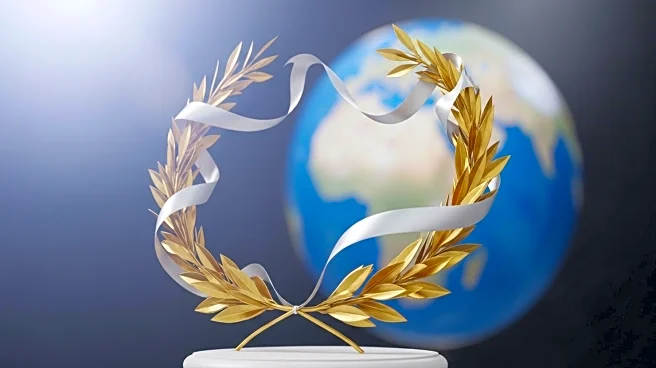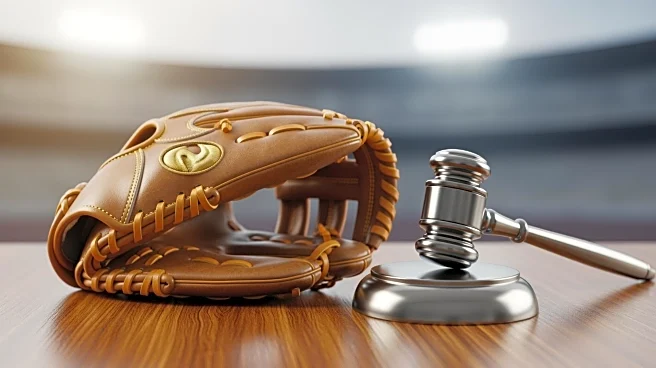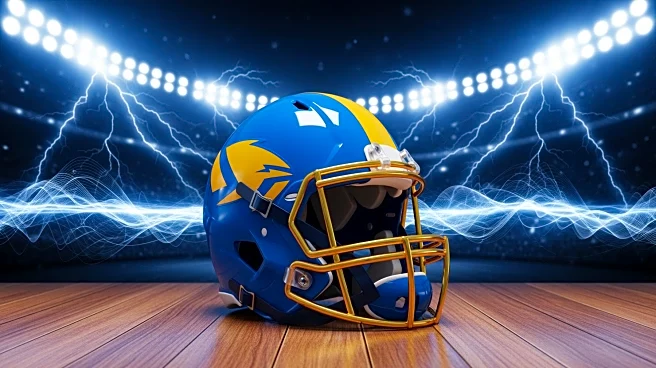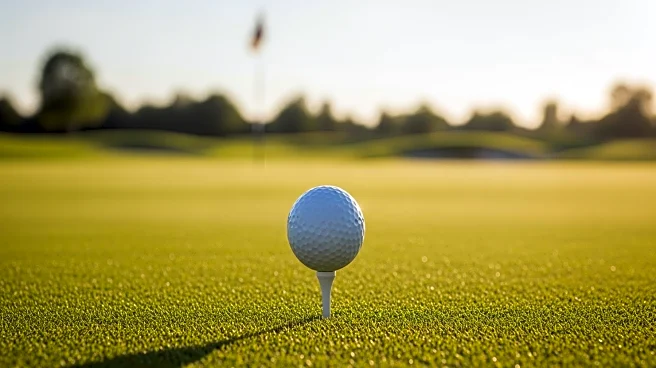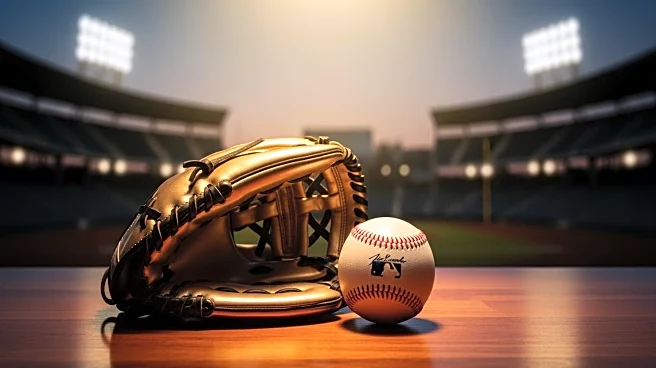What's Happening?
The International Paralympic Committee (IPC) has decided to lift the partial suspensions on Russia and Belarus, restoring their full rights and privileges of IPC membership. This decision was made during the IPC general assembly held in Seoul, South Korea. The assembly voted against a full suspension for Russia with a tally of 111-55, and against a partial suspension with a vote of 91-77. Similarly, for Belarus, the assembly voted against a full suspension 119-48 and against a partial suspension 103-63. The IPC stated that it will work with the two countries to implement practical arrangements for their reinstatement. Russia and Belarus had been banned from international sporting events following Russia's invasion of Ukraine in 2022.
Why It's Important?
The lifting of suspensions on Russia and Belarus by the IPC is significant as it allows athletes from these countries to participate in international competitions, including the upcoming Milan-Cortina Paralympics in Italy. This decision may lead to tensions with other sports governing bodies and countries, particularly Ukraine, which has legal restrictions against competing alongside aggressor nations. The move underscores the IPC's stance on protecting athletes' rights without discrimination based on nationality or political affiliation, potentially influencing future decisions in international sports governance.
What's Next?
With the reinstatement of Russia and Belarus, the IPC will need to coordinate with these countries to ensure compliance with international standards and regulations. The decision may prompt reactions from other nations, especially Ukraine, which may choose to boycott events where Russia and Belarus are present. The IPC will likely face scrutiny and pressure from various stakeholders to justify its decision and manage any diplomatic fallout. The upcoming Milan-Cortina Paralympics will serve as a critical test for the IPC's ability to maintain neutrality and uphold the principles of fair competition.
Beyond the Headlines
The IPC's decision to lift suspensions on Russia and Belarus highlights the complex interplay between sports and politics. It raises ethical questions about the role of international sports organizations in addressing geopolitical conflicts and the extent to which they should intervene. The decision may set a precedent for how similar situations are handled in the future, potentially influencing the policies of other sports bodies and international organizations.
